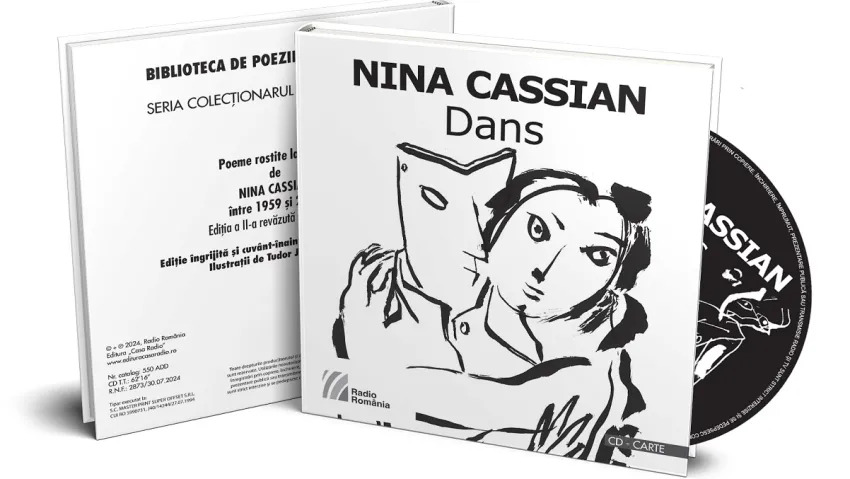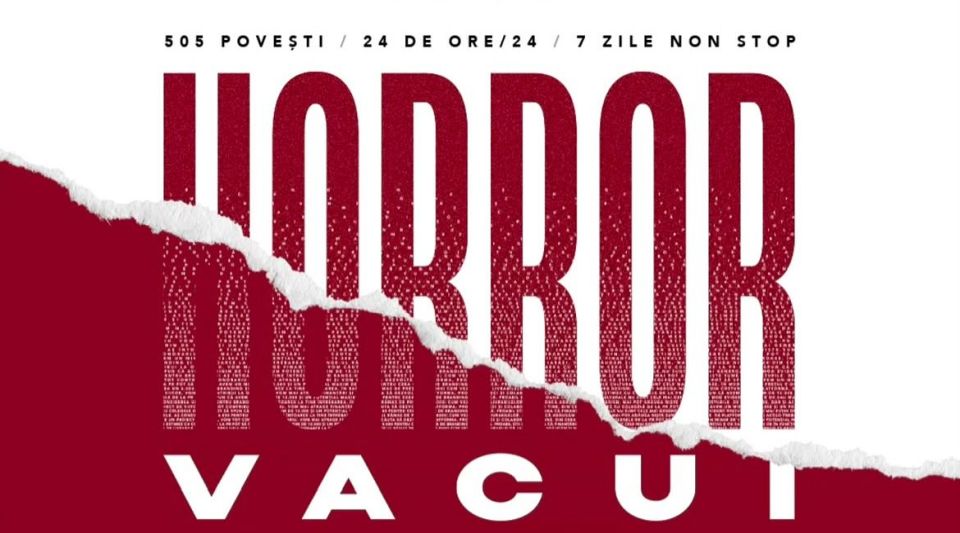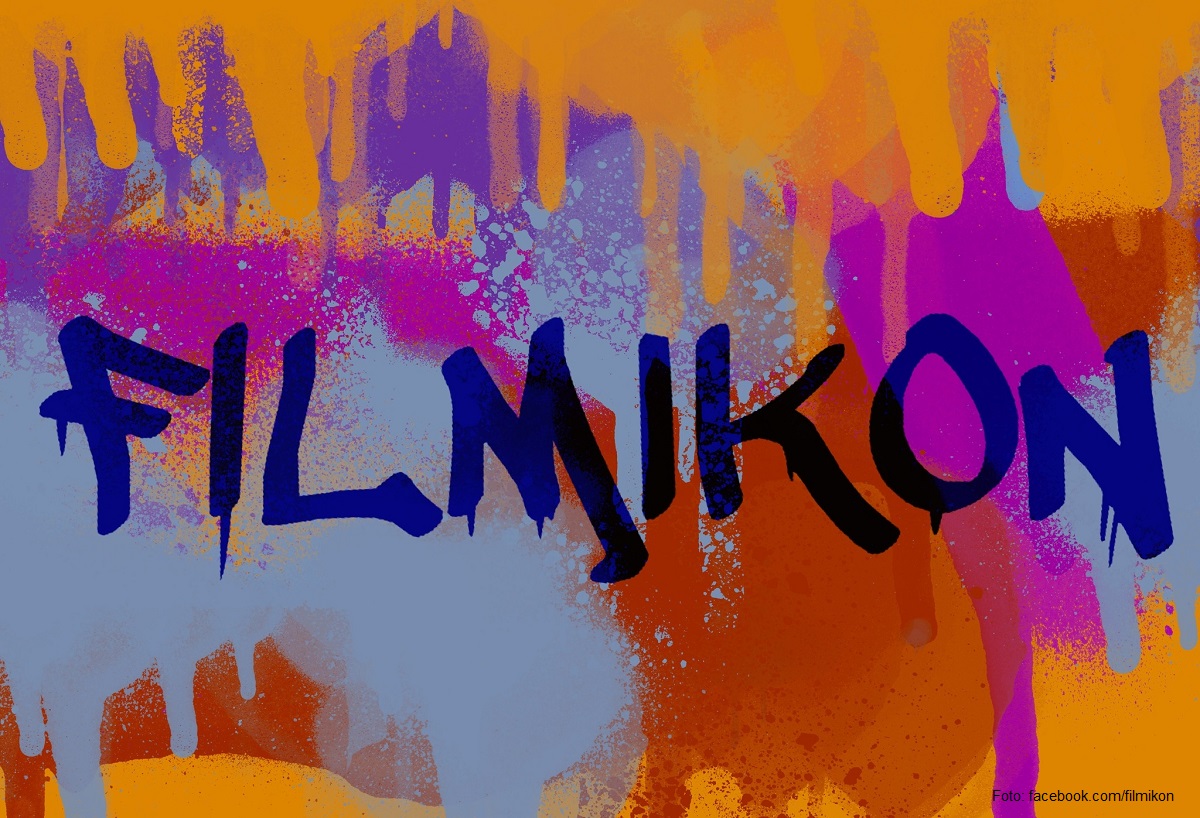About the opera with theatre and opera director Andrei Serban
Director Andrei Serban talks about the power of music at the launch of his book “Opera directing, thoughts and images.

Luana Pleşea, 16.01.2016, 14:10
On Christmas
Eve, theatre and opera director Andrei Serban talked about the power of music
in life, opera and theatre at the launch of a bilingual book entitled Opera
directing, thoughts and images published by Nemira. The book contains texts
written by Andrei Serban and photographs by Mihaela Marin and is the second
project bringing Serban and Marin together. Photographer Mihaela Marin:
It’s a new
experience because it’s the first time I worked with opera. People know me for
my theatre photography, and all my previous four albums were about theatre.
Until not long ago, opera for me was more about the music. I never thought we
could make a book with images about the opera, images that would tell the story
of an opera production. For the first time, this kind of book also contains
texts written by the director of those productions, which are very interesting.
The photo on the cover is from Lucia di Lammermoor and I have chosen it because
in it you will discover Andrei Serban himself. It was the first time that he
ever went on stage. It was a surprise for everybody, for me, who was backstage
taking photos, as well as for the singers who had no idea Andrei would enter
the stage for a few seconds. It’s something I will always remember fondly.
Opera
directing, thoughts and images contains photographs from six opera productions
staged by Andrei Serban, two in Iasi, Romania, three in Paris, and another one
in Vienna. Music is made of sounds and silence, said Andrei Serban at a talk
with the public held after the launch:
The composer
brings together sounds and silence. What fascinates me about the opera is the
silence at the beginning of a production. When lights are turned off and the
conductor raises his or her baton, there is a moment of suspense, of
immobility. That suspense is full of mystery. During the rehearsals for an
opera production I always try to convince the conductor to extend the pauses
between the notes, especially when the score contains the symbol ‘fermata’,
that moment of interruption, of pause. Conductors, however, are reluctant to
prolong that moment. They are afraid spectators might become anxious if the
silence between the notes is too long. Indeed, this silence has intensity and
urgency, it is an active silence. For some people, silence is anxiety, for
others it’s solace.
The stage
director is the creator of the opera show, says Andrei Serban, adding that
directing opera is very different from directing theatre:
When I work with
operas or large theatre companies, I am bound to appeal to the audience, compel
their attention. I have the duty to provide aesthetic pleasure. Singers adapt
more or less to the directing. They know the voice is all that matters, and
that the directing has to do with visual effects, it has very little to do with
them. For some, the less directing instructions they get, the better. Theatre,
in that respect, is very different. It is the actors who convey the message. And
if the acting is poor, everything seems to go wrong.
Andrei Serban has
also warned against the conflict between the conductor, the lead singers and
the director, who may turn into tyrants.
Academics claim
modern directing is destroying opera. I don’t think you can destroy Traviata -
its musical structure is too robust. The Magic Flute too is immune to a
director’s touch. The power of music prevails over any stage artifice. With
theatre it’s very different, because the structure of a play is much more
vulnerable. Shakespeare and Chekhov may seem dull when spirit is lacking, when
the stage director is mediocre.
As long as
love, death, joy and suffering are part of experiencing life, as long as people
want to listen to and see true drama expressed in music, there is a future for
the opera, director Andrei Serban said optimistically. However, the conference
at the launch of the bilingual album ‘Opera Directing, Thoughts and Images’,
was about theatre:
None of the
obstacles, bad things and conflicts I face in life have any meaning for me if I
don’t recognise them as leading to something good and positive. I want to see
the same thing in the theatre I make. If what occurs on stage leaves the
audience full of frustration, bitterness, negativity and hatred, that is a
very, very weak way of using theatre, much weaker than that which sparks
passion, conflict, but does so trying to breathe into us the feeling of being
one hundred percent humane at present, which helps us to go home with refreshed
energy, giving us hope. In this sense, theatre is the art of the present.






























